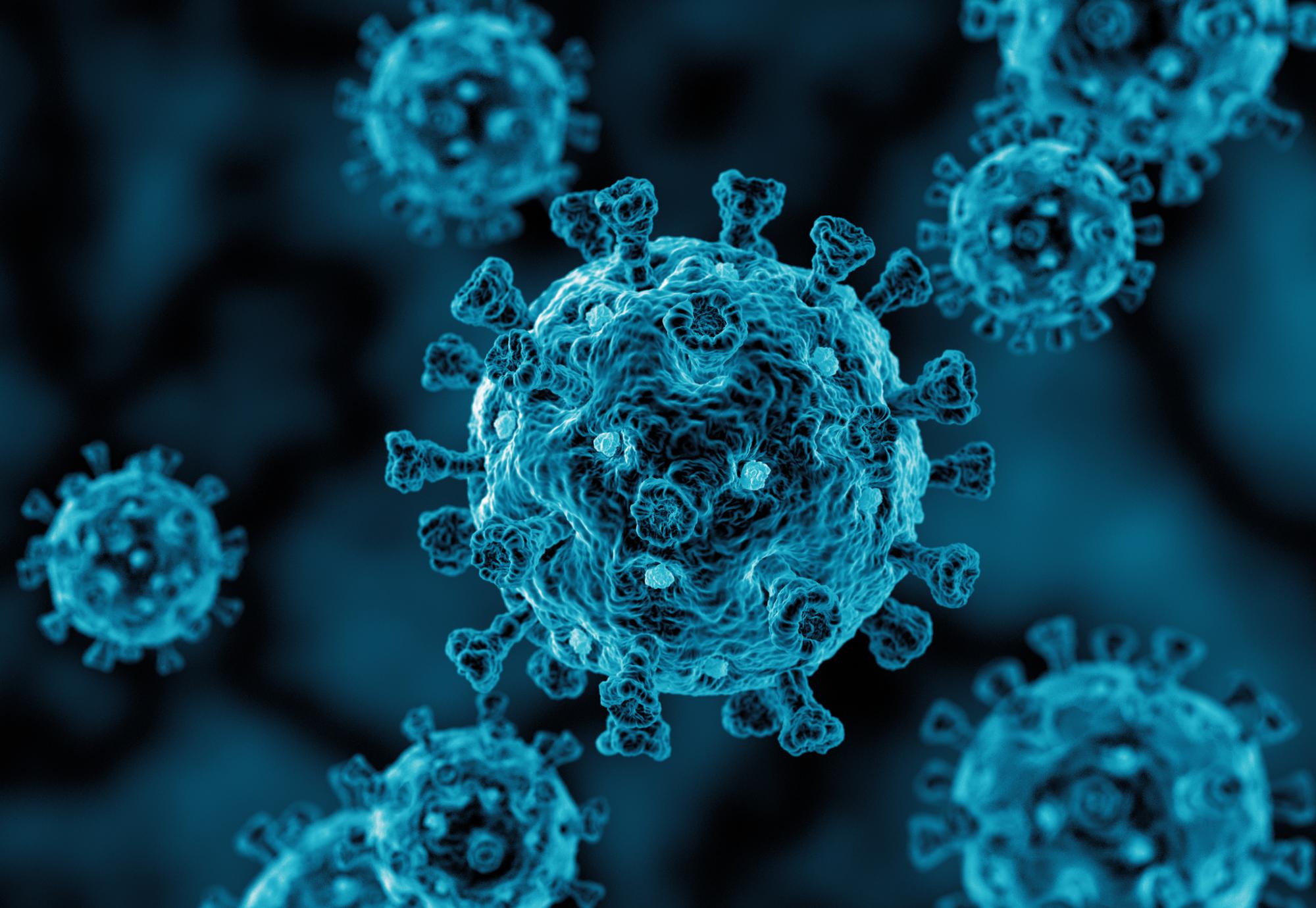A new clinical study, funded by UKRI and NIHR, has been launched to explore the effects of administering Covid-19 vaccines as inhaled airborne droplets rather than by injection into muscle – similar to how inhaled asthma medications are delivered.
Researchers are set to begin small trials to assess inhalation of two of the UK’s coronavirus vaccines in development, by Imperial College London and Oxford University.
These trials will assess the safety and effectiveness of delivering the vaccines directly to the respiratory tract of human volunteers, inhaled through the mouth.
It is hoped that by directly targeting the cells lining the airways, which are typical points of infection for respiratory viruses, it may be able to induce a more effective immune response. This could potentially lead to accelerating the development of effective vaccines against Covid-19 by exploring additional methods and targets.
Lead researcher Dr Chris Chiu, from the Department of Infectious Disease at Imperial College London, said: “We have evidence that delivering influenza vaccines via a nasal spray can protect people against flu, as well as help to reduce the transmission of the disease.
“We are keen to explore if this may also be the case for SARS-CoV-2 and whether delivering Covid-19 vaccines to the respiratory tract is safe and produces an effective immune response.
“The current pandemic is caused by a respiratory virus that primarily infects people through the cells lining the nose, throat and lungs.
“These surfaces are specialised and produce a different immune response to the rest of the body, so it is critical we explore whether targeting the airways directly can provide an effective response compared to a vaccine injected into muscle.”
Currently, clinical trials are being carried out to assess the safety and efficacy of numerous Covid-19 vaccines that are delivered by intramuscular injection. Dr Chiu will now work with Imperial’s Professor Robin Shattock and Oxford’s Professor Sarah Gilbert to assess the vaccines by delivering them to a small group of healthy volunteers as an aerosol.
Professor Robin Shattock, from Imperial’s Department of Infectious Disease, added: “A number of groups around the world are currently working on clinical trials for Covid-19 vaccines, and these will tell us whether these candidates can produce a systemic immune response against the virus. However, these trials are unlikely to tell us anything about the localised response in the nose, throat and airways – where the virus primarily attacks and invades cells.
“It may well be that one group has the right vaccine but the wrong delivery method, and only trials such as this will be able to tell us that. We look forward to assessing different delivery methods and pushing forward the global scientific effort against this virus.”



















